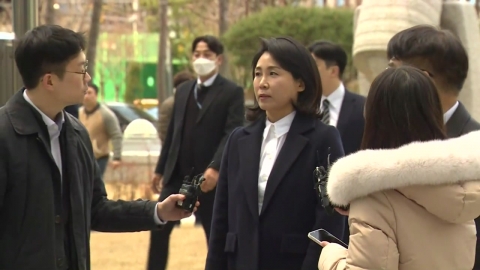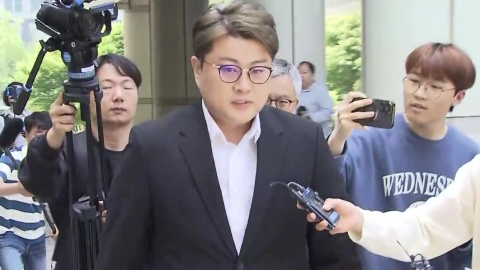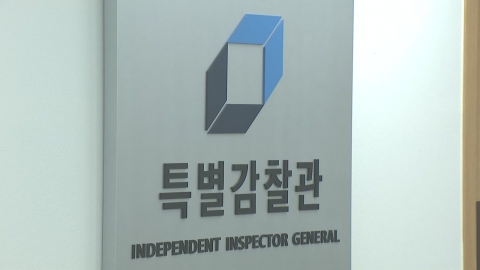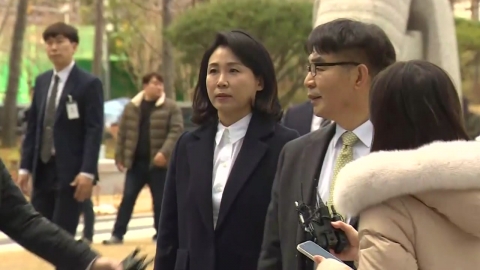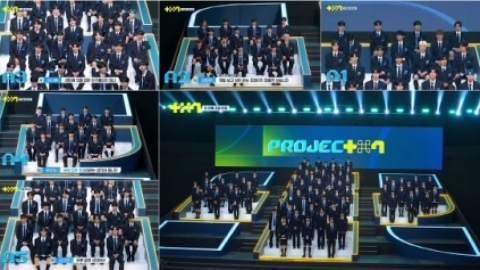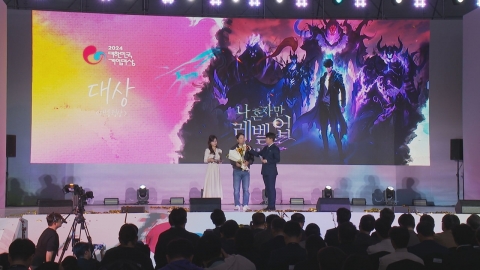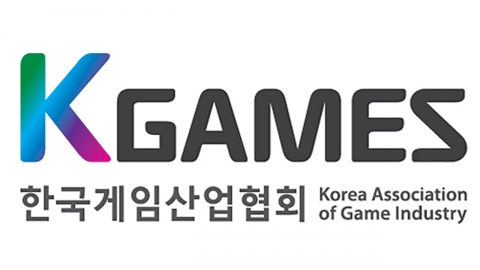Prime Minister Shigeru Ishiba was re-elected in a special parliamentary election to nominate the next prime minister after failing to win a majority in Japan's House of Representatives elections.
Prime Minister Ishiba took a breather for now, but how to prepare an opportunity for a rebound in approval ratings within the first half of next year is a big challenge.
I'm connecting to the local area in Japan. Correspondent Kim Se-ho!
Ishiba was re-elected prime minister after the first and final elections?
[Reporter]
Ishiba has been re-nominated as prime minister after a runoff election against Noda of the main opposition Constitutional Democratic Party.
Ishiba is back in office today, topping both the prime ministerial nomination elections held at the plenary session of the House of Representatives and the upper house of parliament.
In last month's general election, both the ruling Liberal Democratic Party and the New Komeito remained in 215 seats, failing to secure a majority.
Today, Prime Minister Ishiba, the first-place candidate, and Representative Noda, the second-place candidate, held a final match because no candidate won a majority in the first round of voting.
It is the first time in 30 years that
has had the same runoff since 1994.
Prime Minister Ishiba was able to be re-elected without difficulty, as both the Japan Restoration Association and the People's Democratic Party voted for their party leaders in the second round of voting, even though they were invalid.
Prime Minister Ishiba will immediately reorganize his cabinet and launch a second Ishiba Cabinet.
[Anchor]
Prime Minister Ishiba took a breather, but his position has narrowed compared to the previous government, right?
[Reporter]
Yes. Although Ishiba will remain prime minister, it will be difficult to pass the budget and bills without the help of the opposition parties in the future.
In particular, the National Democratic Party of Korea has a casting vote with 28 seats, four times the number of seats in the general election.
It is interpreted that the National Democratic Party also allowed Ishiba to be re-elected in this election by voting for its own party's leader, not Noda, in both the first and final elections.
The Liberal Democratic Party is expected to continue policy cooperation by reflecting the claims of the National Democratic Party in expanding tax credits in relation to economic measures.
In addition, Ishiba's approval rating, which is lower than it was right after its inauguration, is one of his biggest concerns.
Ishiba's approval rating has remained in the 30-40% range, falling to around 10%p in the first month and a half of its inauguration.
Therefore, if we fail to provide an opportunity for a rebound ahead of the upper house election in July next year,
There are observations that the replacement of the prime minister within the
party could begin in earnest.
Also, how to deal with the impact on diplomacy, security and the economy after the next Trump administration in the U.S. is expected to be a major challenge.
I'm Kim Se-ho of YTN in Tokyo.
※ 'Your report becomes news'
[Kakao Talk] YTN Search and Add Channel
[Phone] 02-398-8585
[Mail] social@ytn.co.kr
[Copyright holder (c) YTN Unauthorized reproduction, redistribution and use of AI data prohibited]
International
More- Lu Shoigu, "Ru-China Comprehensive Partnership...Strengthen Security Cooperation"
- Russia launches Kyiv missile strike for the first time in more than two months...I can't see the damage.
- Bitcoin Sets New Record Every Day...It's over $90,000.
- Iranian Foreign Ministry to "reduce costs due to differences in stance with US"
